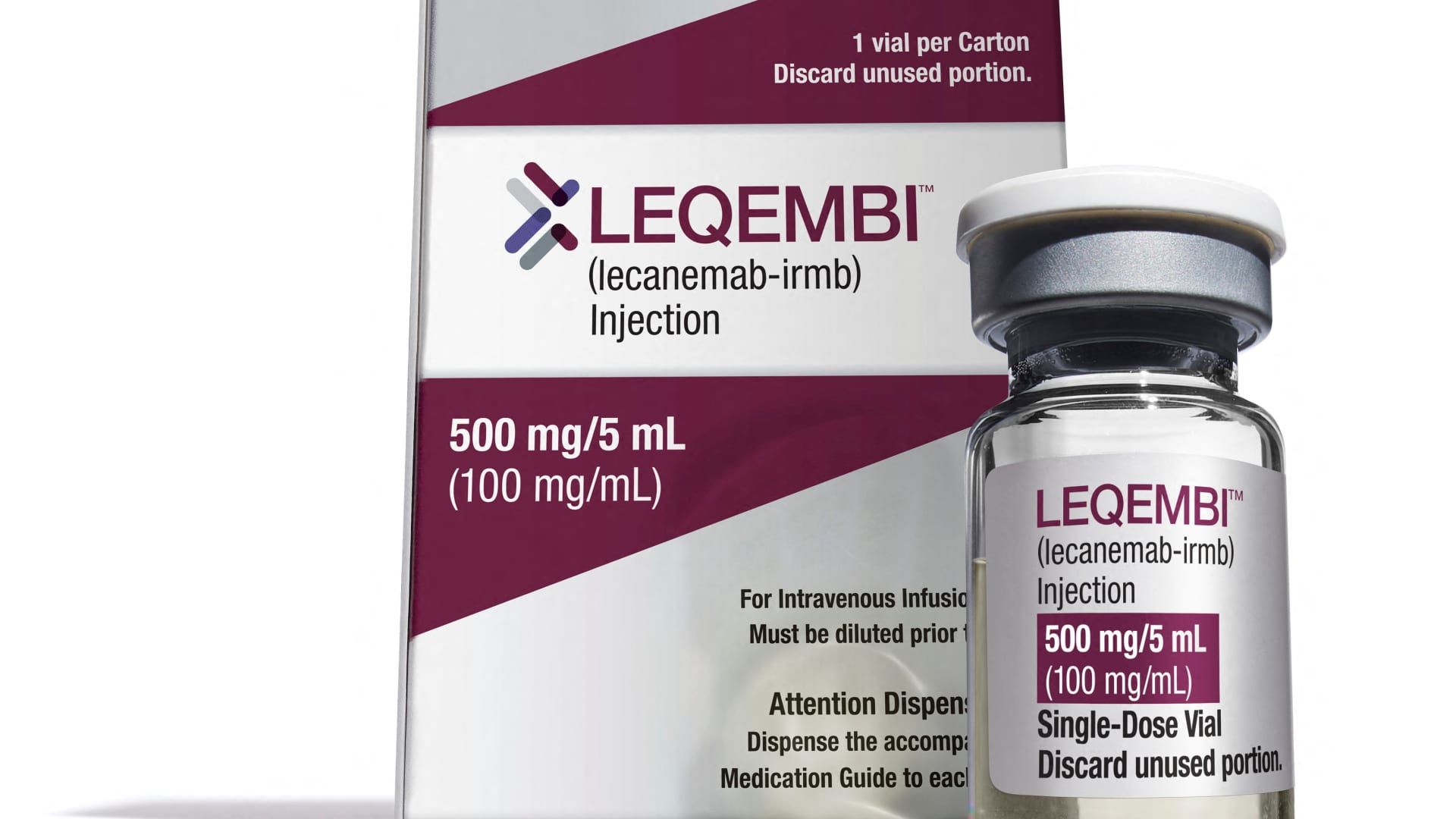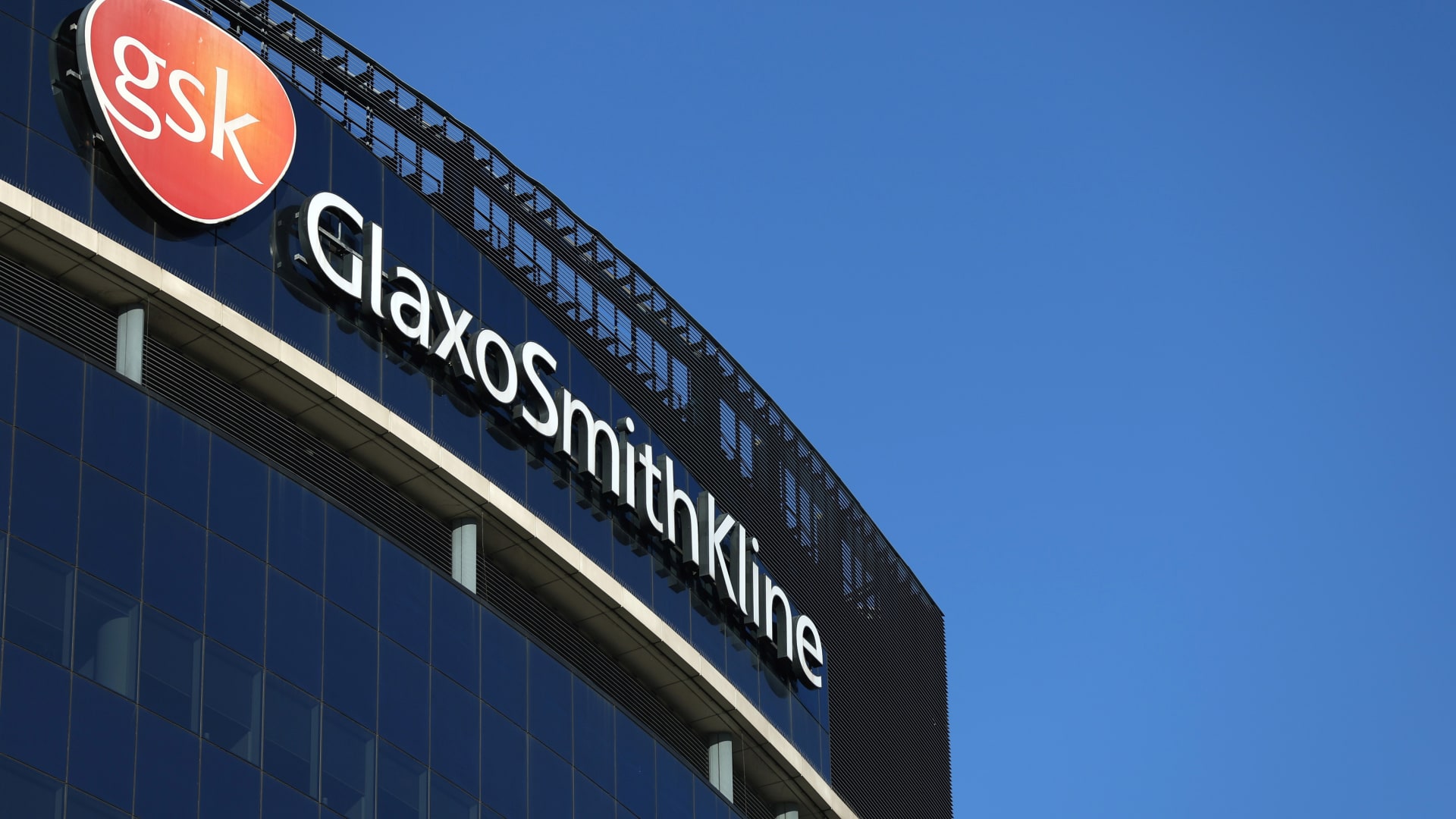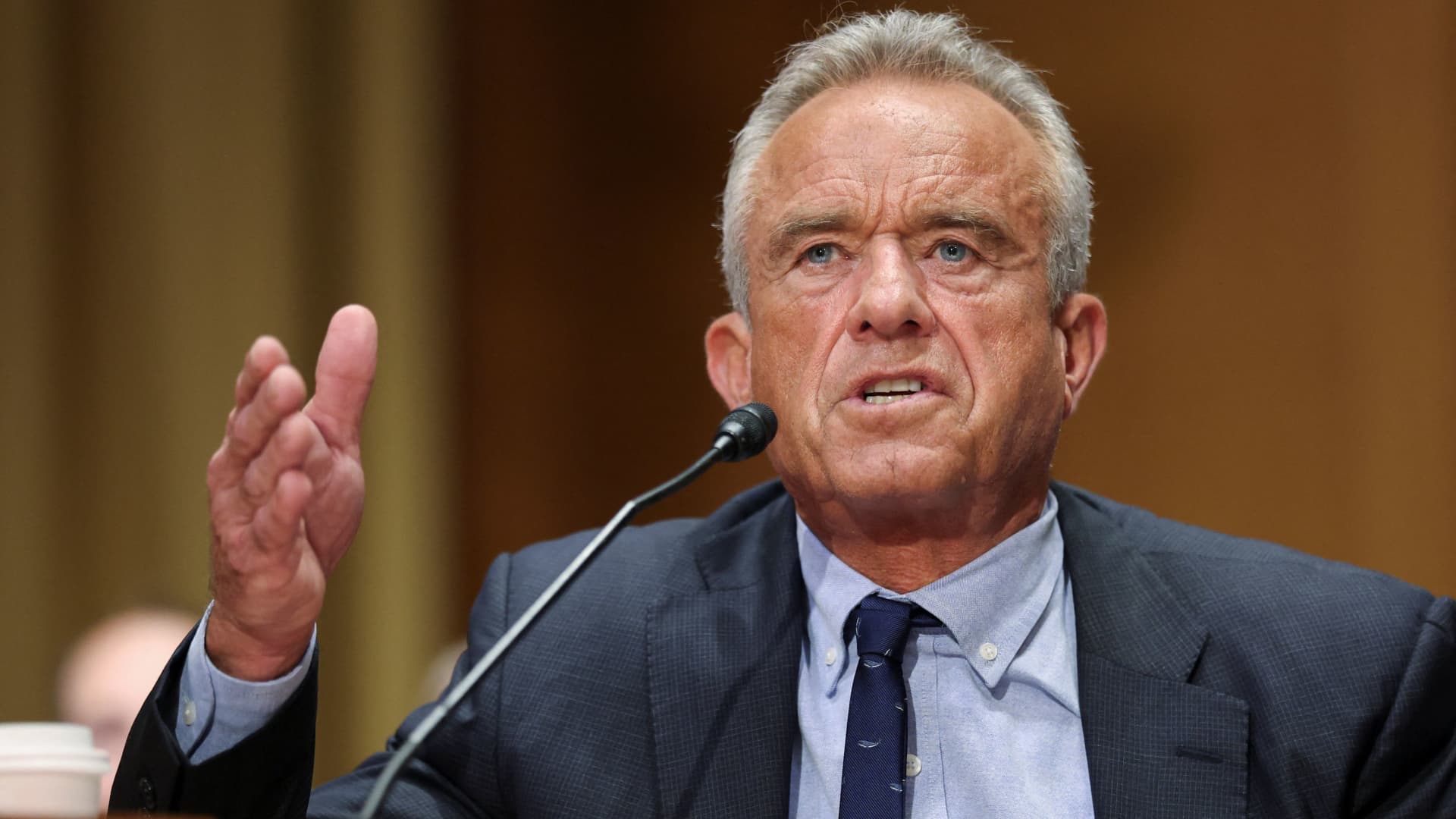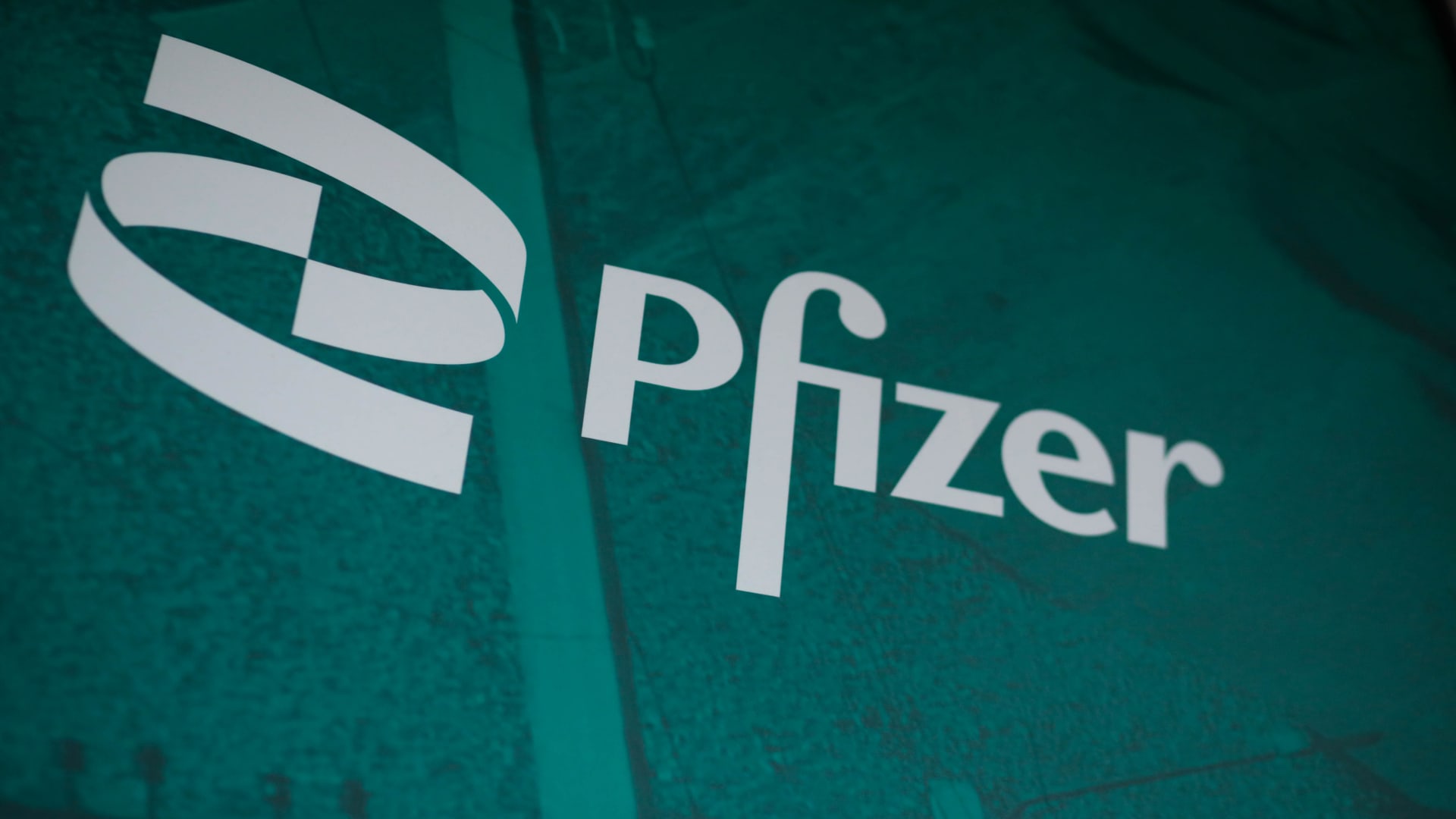European drug regulators on Friday rejected Leqembi's Alzheimer's treatment Biogen and Eisaicreating another hurdle for companies as they struggle to boost adoption of the therapy in the U.S.
The European Commission, the EU's executive body, has the final say in approving Leqembi, but it almost always follows the drug regulator's recommendations.
In a statement, Eisai said it was “extremely disappointed” by the regulator's negative recommendation. The company added that it would request a further review of the decision.
Biogen shares fell nearly 7% in premarket trading on Friday. Shares of Japanese drugmaker Eisai were virtually unchanged.
Last year, the U.S. Food and Drug Administration approved Leqembi, which has been slow to roll out due to hurdles related to requirements for diagnostic testing and regular brain scans, among other issues. Leqembi has also won regulatory approvals in other countries including Japan, South Korea, China and Israel.
The drug was hailed as a breakthrough for a progressive disease that has proven notoriously difficult to treat. It is a monoclonal antibody that slows the progression of the disease in patients in its early stages.
The European Medicines Agency's Committee for Medicinal Products for Human Use has recommended against granting marketing authorisation to Leqembi.
In a statement, the committee said Leqembi's effect in slowing cognitive decline does not outweigh “the risk of serious side effects associated with the drug.” The committee specifically noted the “frequent occurrence” of brain inflammation and hemorrhage in patients receiving the treatment.
These side effects are associated with drugs such as Leqembi and another monoclonal antibody. Eli Lilly The drug Kisunla, which works by attacking and removing a toxic brain plaque called amyloid, a hallmark of Alzheimer's disease, won U.S. approval earlier this month.
Leqembi and Kisunla are milestones in the treatment of Alzheimer's after three decades of failed efforts to develop drugs that can combat the deadly disease.
Another ill-fated drug from Biogen and Eisai, called Aduhelm, struggled to take off in the United States following questions about its approval and available data. In 2021, the European Medicines Agency rejected Aduhelm.
Seven million people in Europe are living with the mind-destroying disease, and that number is expected to double by 2050, according to data from the non-profit Alzheimer's Europe.












